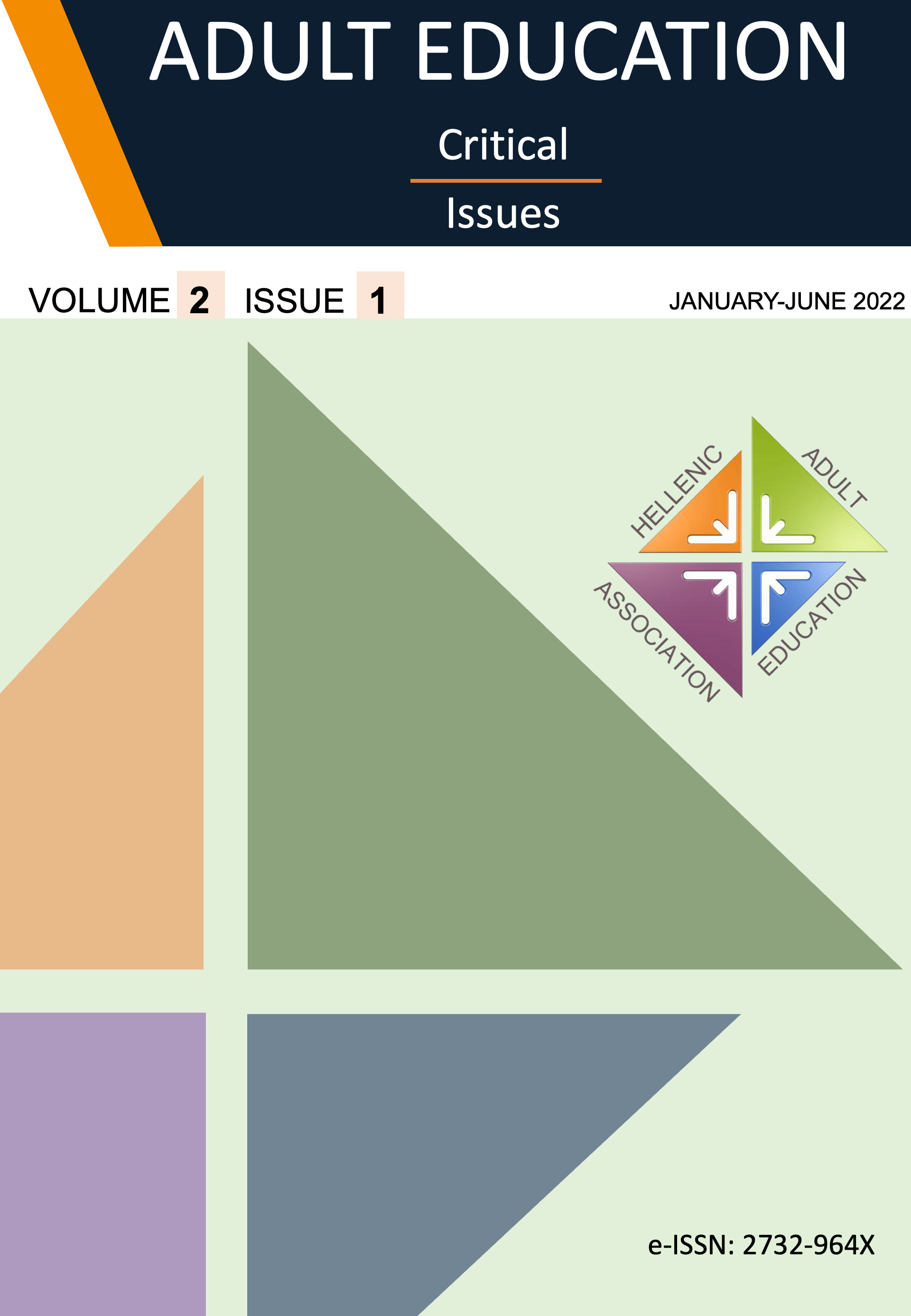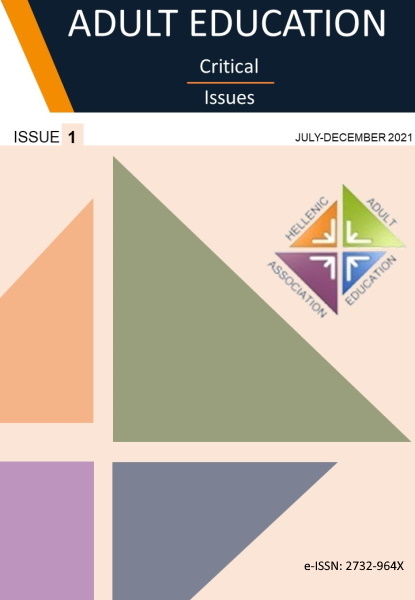Studying the process of transformation of adult learners in a Second Chance School

Abstract
The present study aims to examine the transformation of dysfunctional assumptions of adult learners in a Second Chance School (SCS) identifying the percentage of learners who perceive transformation, their profile, the fields of transformation and the factors, in and out of SCS. A mixed method study was conducted using the Learning Activities Survey (King, 2009), which comprises a questionnaire and an interview both of which were translated and adapted for the purposes of the current study. Twenty-five learners participated in the survey and 60% of them perceived any kind of transformation. Eight adult learners were further interviewed and six of them appeared to have transformed their previous assumptions in fields as the stereotypes and the social roles, the ability to improve their skills in lingual, numerical and computer literacy, the capability of comprehension of Greek language and processing their personal tasks (for the Muslim learners), the awareness οf their personal value and the ability to achieve personal targets. They also transformed the habit of mind for the importance of studies and their contribution to the self-consciousness and the reinforcement of learner’s self-confidence.
Article Details
- How to Cite
-
Kesopoulos, I., & Armaos, R. (2022). Studying the process of transformation of adult learners in a Second Chance School. Adult Education Critical Issues, 2(1), 70–85. https://doi.org/10.12681/aeci.30329
- Section
- Articles

This work is licensed under a Creative Commons Attribution 4.0 International License.
Authors who publish with this journal agree to the following terms:
- Authors retain copyright and grant the journal right of first publication with the work simultaneously licensed under a Creative Commons Attribution License that allows others to share the work with an acknowledgement of the work's authorship and initial publication in this journal.
- Authors are able to enter into separate, additional contractual arrangements for the non-exclusive distribution of the journal's published version of the work (e.g., post it to an institutional repository or publish it in a book), with an acknowledgement of its initial publication in this journal.
- Authors are permitted and encouraged to post their work online (e.g., in institutional repositories or on their website) prior to and during the submission process, as it can lead to productive exchanges, as well as earlier and greater citation of published work (See The Effect of Open Access).



